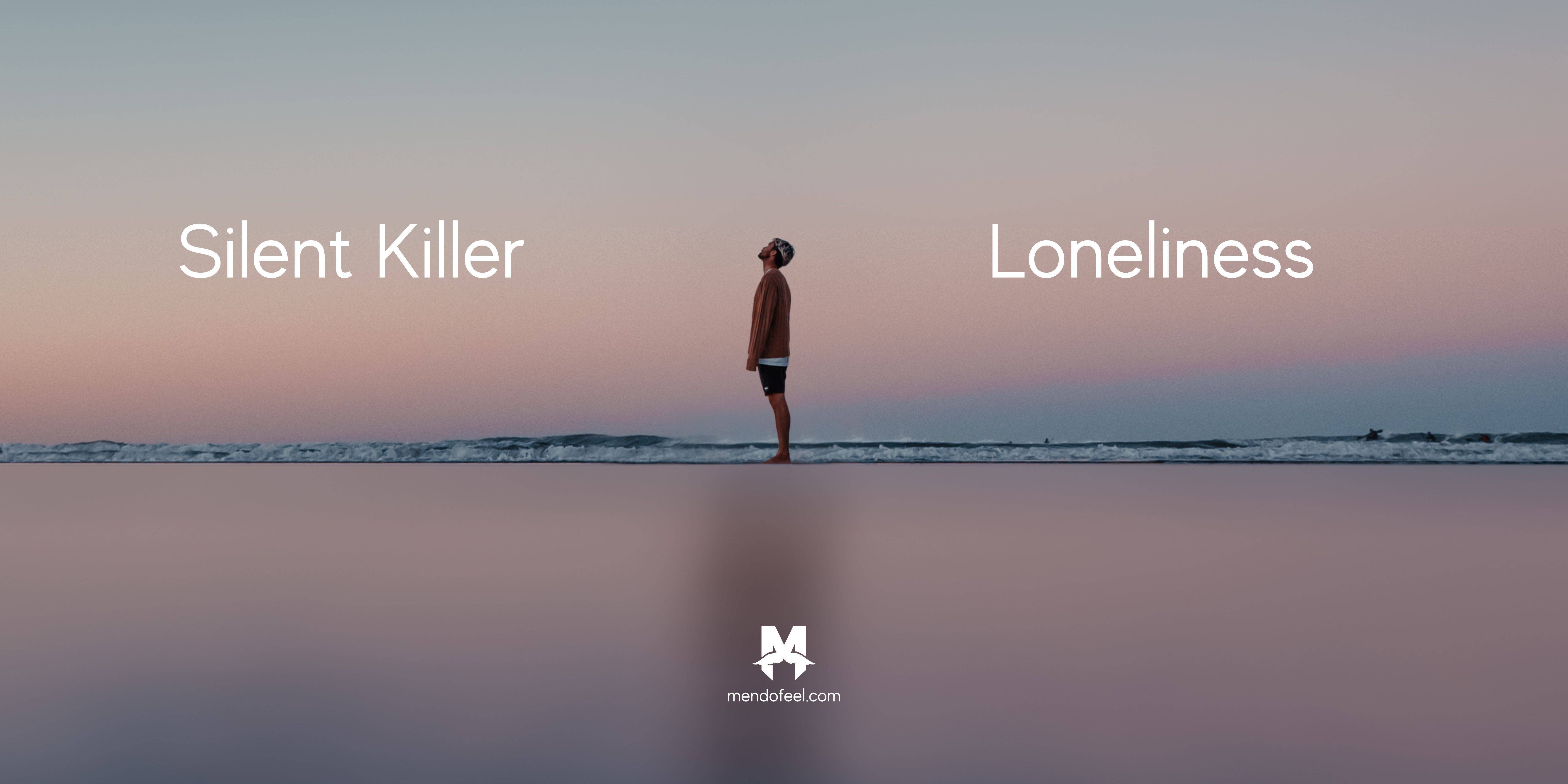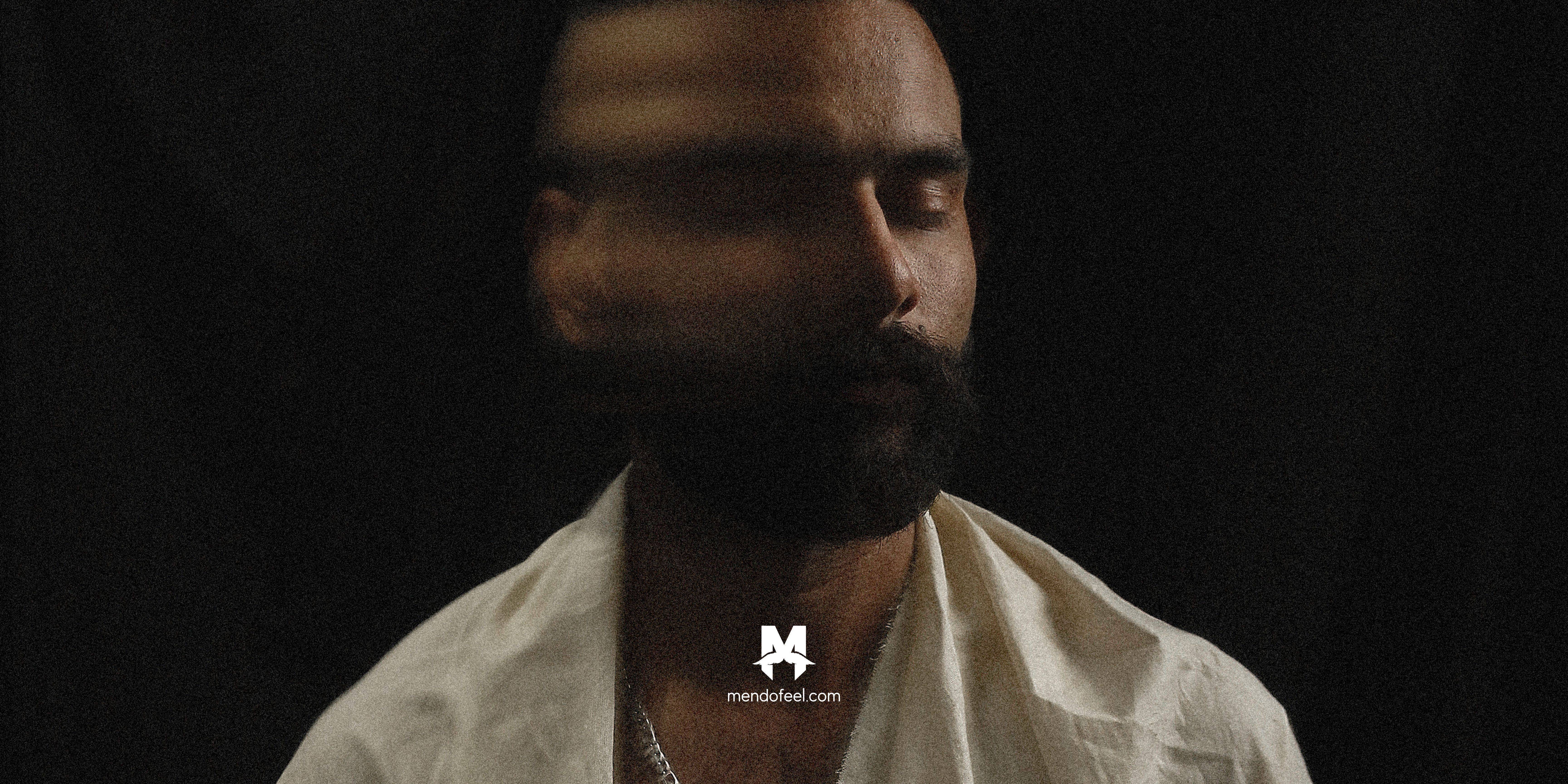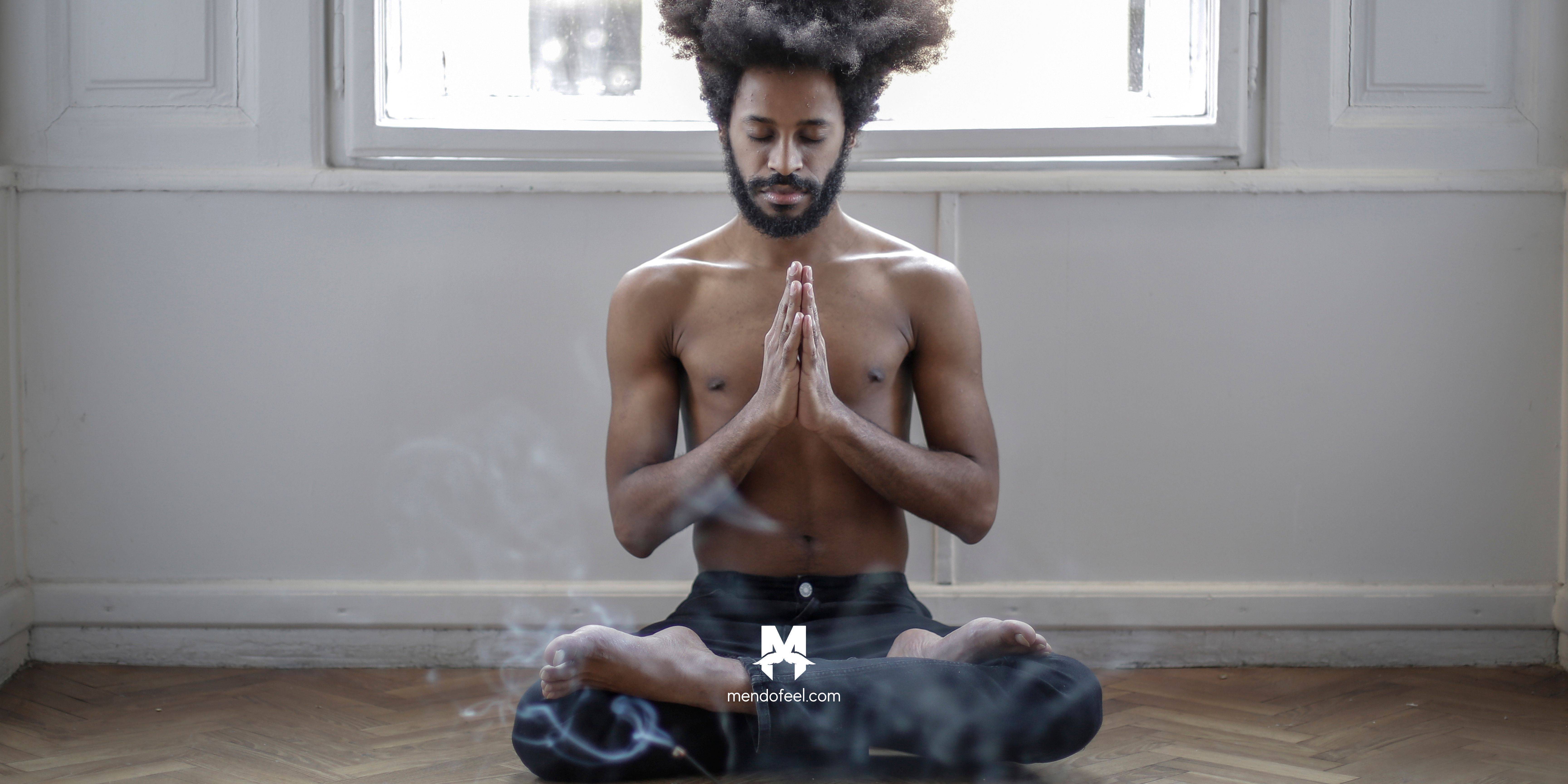Recently, I've observed a prevailing struggle among many individuals when it comes to embracing happiness. It's as if in our societal narrative, experiencing joy is something one should feel hesitant about. This pervasive attitude of "who, me, happy? No way!" is not just irksome, but unfortunately, it's more prevalent than we realize. In a world offering endless possibilities, why not simply choose happiness?
You've likely come across the adage "happiness is a state of mind," and upon deeper reflection, you'll realize its profound truth beyond being a cliché plastered on a dentist's office wall.
Think of emotions like sadness, jealousy, regret, and spite as different lenses through which we perceive life and its inhabitants. And if this sounds too abstract, let's shift to practicality. Each one of us, irrespective of who we are, is bound to encounter suffering and setbacks. If we can diligently strive for wealth and success, why do we belittle those who earnestly pursue their own happiness?
Grief, a sentiment we'll all confront at some juncture, possesses a benign yet enduring quality. While happy moments may fade from memory, the days overshadowed by grief linger indefinitely.
So, what's the solution? Do we resign ourselves to a perpetual state of sorrow, watching life pass by? No. Instead, we unearth reasons to persist long after losing someone dear. Admittedly, navigating life without a loved one initially feels like borrowing breaths from existence. However, with time, grief transforms, much like a block of butter.
You'll incorporate parts of it into your everyday existence—mixing it into cookie dough or spreading it on the parantha your mother taught you to make. Some will inevitably melt away as you inadvertently leave the block on the shelf. The essence here is that grief takes shape, becoming a routine. And trust me, being sad is the easiest path to take in life. Contrary to popular belief, happiness isn't bestowed upon us; it's crafted—it's a choice we make each morning when we awaken.
During our formative years, we were often asked, "What do you want to be when you grow up?" Our responses ranged from aspiring to be doctors, scientists, or astronauts. But if given the chance to rewind time and answer that question anew, my response would be unequivocal: "I simply want to be happy."
After enduring the emotional wear and tear of life, I've come to realize that my desires have shifted from material possessions like cars and jewelry to seeking serenity, love, and peace. Isn't that the ultimate goal for all of us?
Sure, shedding tears in a BMW might seem more comfortable than on a bicycle, but do we truly wish to become mere money-making machines reliant on pills to find solace?
Let's not become entangled in the melancholy of a world that's quick to judge regardless of our actions. As we climb higher, the air around us grows snootier. It's often later in life that we recognize how our desire to conform to societal standards suffocates our personal aspirations and dreams, which we unwittingly sacrifice day after day.
It's crucial to remind ourselves that we're the same individuals who once pleaded for a "happy meal" at McDonald's, even if it meant relinquishing the overpriced toy. So why abandon that approach as we age?
Your happiness is your responsibility—a duty owed to your mental and physical well-being. Even your neurotransmitters and hormones yearn for your happiness!
Since we can collectively agree that staying happy is an ongoing, arduous endeavor, let's devote more attention to mastering it. Some days, channel your inner Geet and affirm, "I am my own favorite." Other days, take charge of your life and cease uttering, "let's see what happens," because, truth be told, "what's happening isn't just happening!"
The next time someone remarks, "You look happy today," or attempts to shame you for your joy, proudly embrace it. Remind them that your happiness is self-crafted, emanating from your heart and soul, and you have plenty to share with those in need. In that moment, you'll realize that being called happy is perhaps the greatest compliment one could receive.








